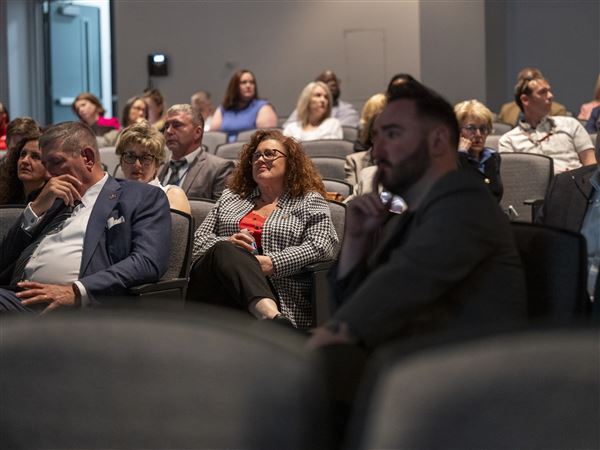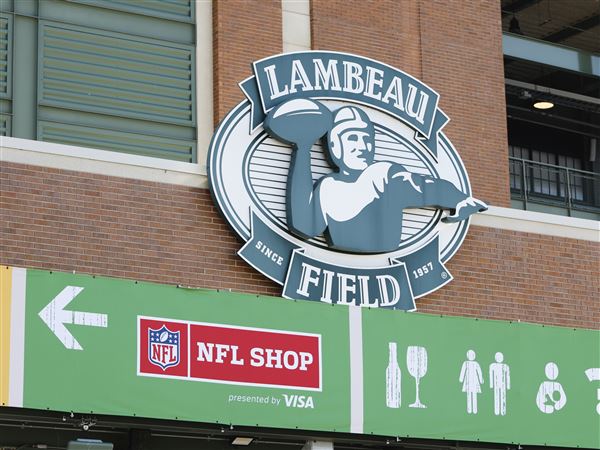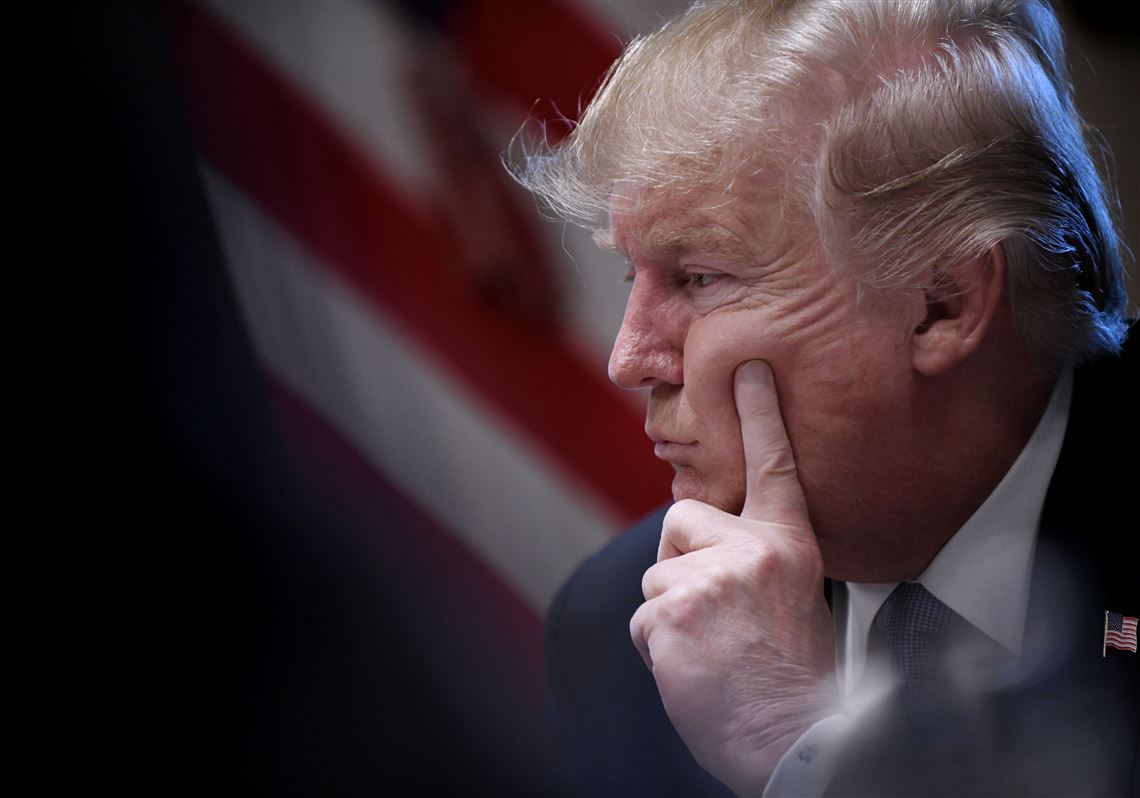President Donald Trump invited NFL players to reach out and suggest people who have been mistreated and should be considered for a pardon. He thought it was an olive branch to a group of football players that had been protesting during the national anthem over racial injustice, police brutality and an unfair criminal system. He noted last week that none had taken him up on his offer.
A group of them did on Thursday, although they didn’t respond with a list of convicts who might be deserving of a second chance. The players instead took to social media and the opinion pages of The New York Times to issue a plea to the president to use his position and executive powers to bring about wide-reaching change that will benefit a larger population.
“[A] handful of pardons will not address the sort of systemic injustice that N.F.L. players have been protesting,” the players wrote in an op-ed published Thursday morning by the Times. “These are problems that our government has created, many of which occur at the local level. If President Trump thinks he can end these injustices if we deliver him a few names, he hasn’t been listening to us.”
The op-ed was signed by four NFL players - three who are currently in the league in Doug Baldwin, Malcolm Jenkins and Benjamin Watson, and one retired player in Anquan Boldin - and was a direct response to a president who had been highly critical of players’ advocacy and decisions to protest during the playing of the national anthem before games. Mr. Trump said on June 8 that he wanted to hear from the players about “people that were unfairly treated, friends of theirs or people that they know about, and I’m going to take a look at those applications.”
The players, who represent the Players Coalition advocacy group, outlined some steps the president could take that would be far more powerful than issuing a few pardons. They cited the president’s recent decision to grant clemency to Alice Marie Johnson, a 63-year old woman who was serving a life sentence for a nonviolent drug crime. He did so at the urging of Kim Kardashian West, the reality TV star. “He should be commended for using his clemency power in that case,” the players wrote.
But they noted that there are more than 79,000 people locked up in federal prison for a drug offense, 13.5 percent serving sentences of 20 years or more. The players called a blanket pardon “for people in that situation who have already served long sentences.”
“Imagine how many more Alice Johnsons the president could pardon if he treated the issue like the systemic problem it is, rather than asking professional football players for a few cases,” they wrote.
They urged the president to release any drug-related convict over the age of 60 who’ve already served a large portion of their time. “That would be the morally right thing to do,” they said.
The players also took to social media to address Mr. Trump and issued similar requests.
“Mr. President, I hope your day is going well,” said Mr. Boldin, the recently retired wide receiver. “I saw the challenge that you issued to NFL players about sending you a list of people that they think should be pardoned . . . but here’s the problem with that. There are lot of people out there like Ms. Johnson that should be pardoned that don’t know a celebrity or NFL player. So instead of us sending you a list, I got a better idea. How about you come up with a policy to pardon all those people, those nonviolent drug offenders who’ve already spent a lengthy sentence in jail at this point? . . . I think that’s a better way to create change that we’re looking for.”
Mr. Jenkins, a safety with the Eagles, also posted a video on Twitter on Thursday morning that amounted to open letter to Mr. Trump. “Our system is not rehabilitative,” he said. “There needs to be a focus on helping people become better contributing citizens when they do return to society, as well as provide the opportunity to reenter in a reasonable time for nonviolent offense.”
In their op-ed, the players highlighted at least one policy change they feel the president and Attorney General Jeff Sessions should consider, suggesting the Justice Department eliminate life without parole sentences for nonviolent offenses.
The president has repeatedly clashed with the protesting players, often taking to Twitter to levy his criticisms. He’s been critical of their decision to protest during the anthem, suggesting last fall that football owners fire protesting athletes and calling a player who kneels a “son of a bitch.”
“When you’re in a stadium and they broadcast that national anthem, you’ve got to stand, and you’ve got to be proud and you’ve got to have your hand up and you got to do everything that’s right,” Mr. Trump said last week. “Then go out and play really tough football. And once you leave that stadium, go and do whatever you want to do, run for office, do whatever.”
“I told the NFL players, indirectly, I said you have somebody that’s aggrieved - because they’re saying people are aggrieved - OK, let me know about it,” Mr. Trump said last Friday on “Fox & Friends.” “I’ll look at it. If they’re aggrieved, I’ll pardon them. I’ll get them out. . . . Maybe they’ve called the staff, but I have not personally heard from one. Because I don’t know if it’s a real issue. I don’t think it’s a real issue.”
First Published: June 22, 2018, 3:54 a.m.
















